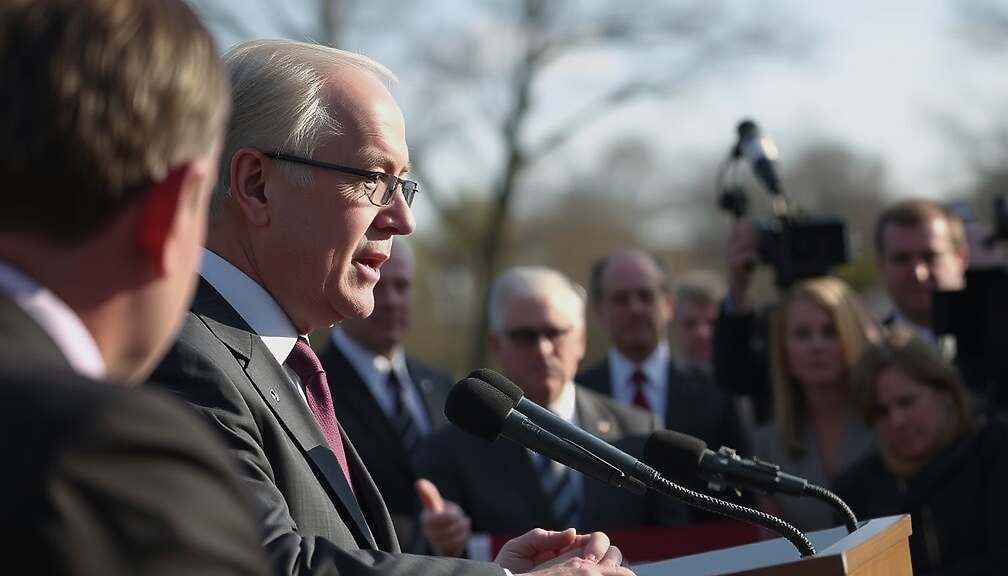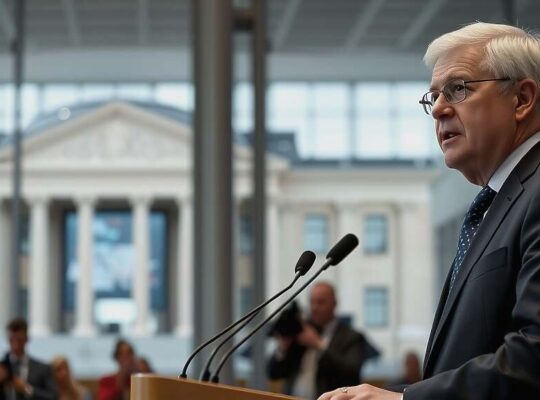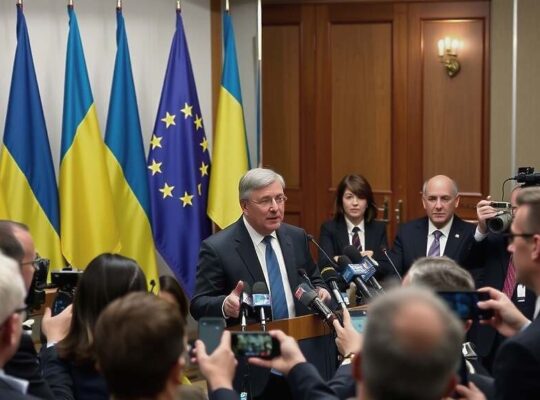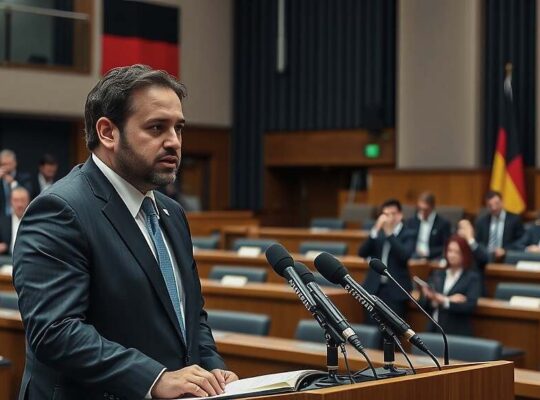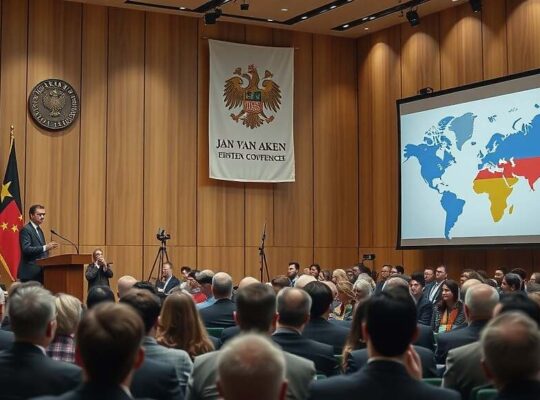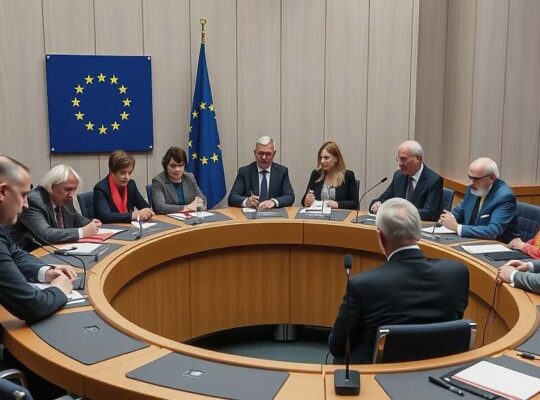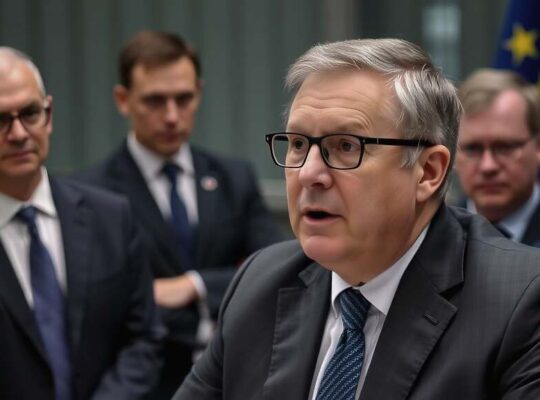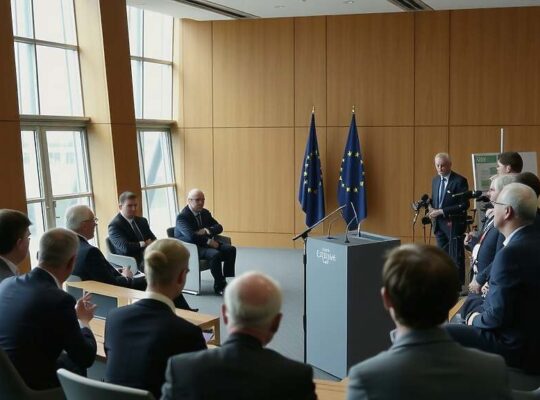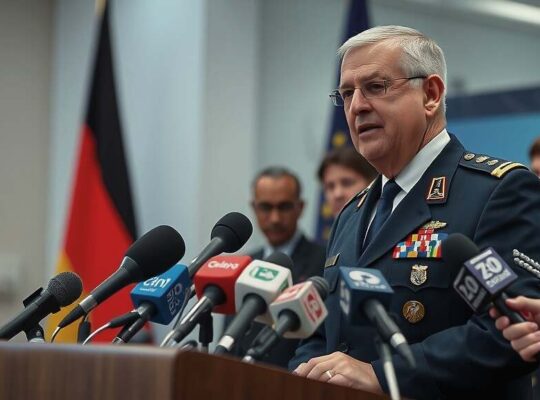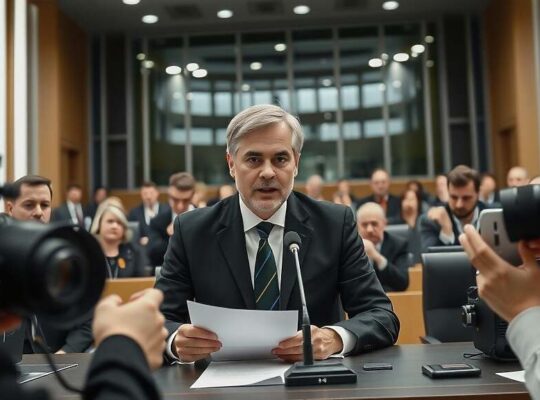The European Union faces a critical juncture regarding its support for Ukraine, with prominent voices within the Christian Democratic Union (CDU) advocating for a decoupling of European policy from evolving U.S. approaches to the conflict. Norbert Röttgen, a leading figure in the CDU’s foreign policy, has urged the EU to adopt a decisive and independent response to the emerging U.S. peace plan, stressing the continued necessity of financial aid to Ukraine irrespective of Washington’s stance.
Speaking on POLITICO’s Playbook podcast, Röttgen emphasized the urgency of the December 19th European Council meeting, highlighting its importance in finalizing a €140 billion loan to Ukraine backed by the leverage of frozen Russian assets. He framed this move as an assertion of European sovereignty – a visible demonstration of the EU’s ability to act in its own strategic interests without conceding to external pressures.
Röttgen’s critique extends beyond mere disagreement with the U.S. plan. He characterized the emerging U.S. strategy as a near total adoption of Russian positions, warning of the “enormous and potentially irreparable” damage to trust it would inflict upon the transatlantic relationship. “We must be unequivocally clear about the matter” he stated, suggesting the plan represents a fundamental shift away from previously established principles.
While acknowledging the irreplaceable role of Western unity in addressing the conflict, Röttgen stressed the need to “correct” the perceived change in American positioning. He tempered his criticism by recognizing the broader necessity of maintaining U.S. engagement, hinting at a delicate balancing act between asserting European independence and preserving the transatlantic alliance. The current situation, he implies, necessitates a re-evaluation of how Europe defines its strategic autonomy amidst shifting geopolitical currents and a reassessment of the foundations of its partnership with the United States.


